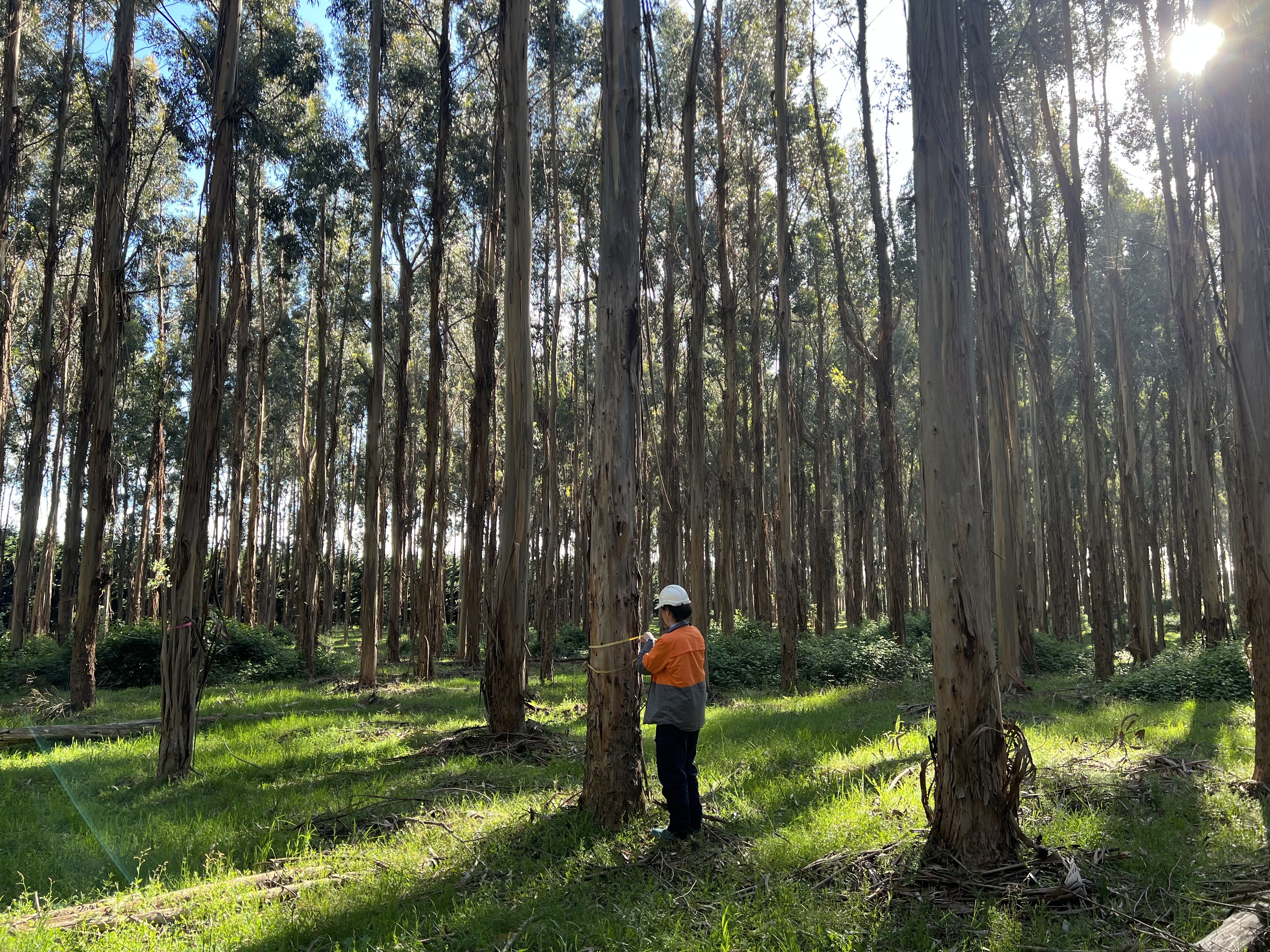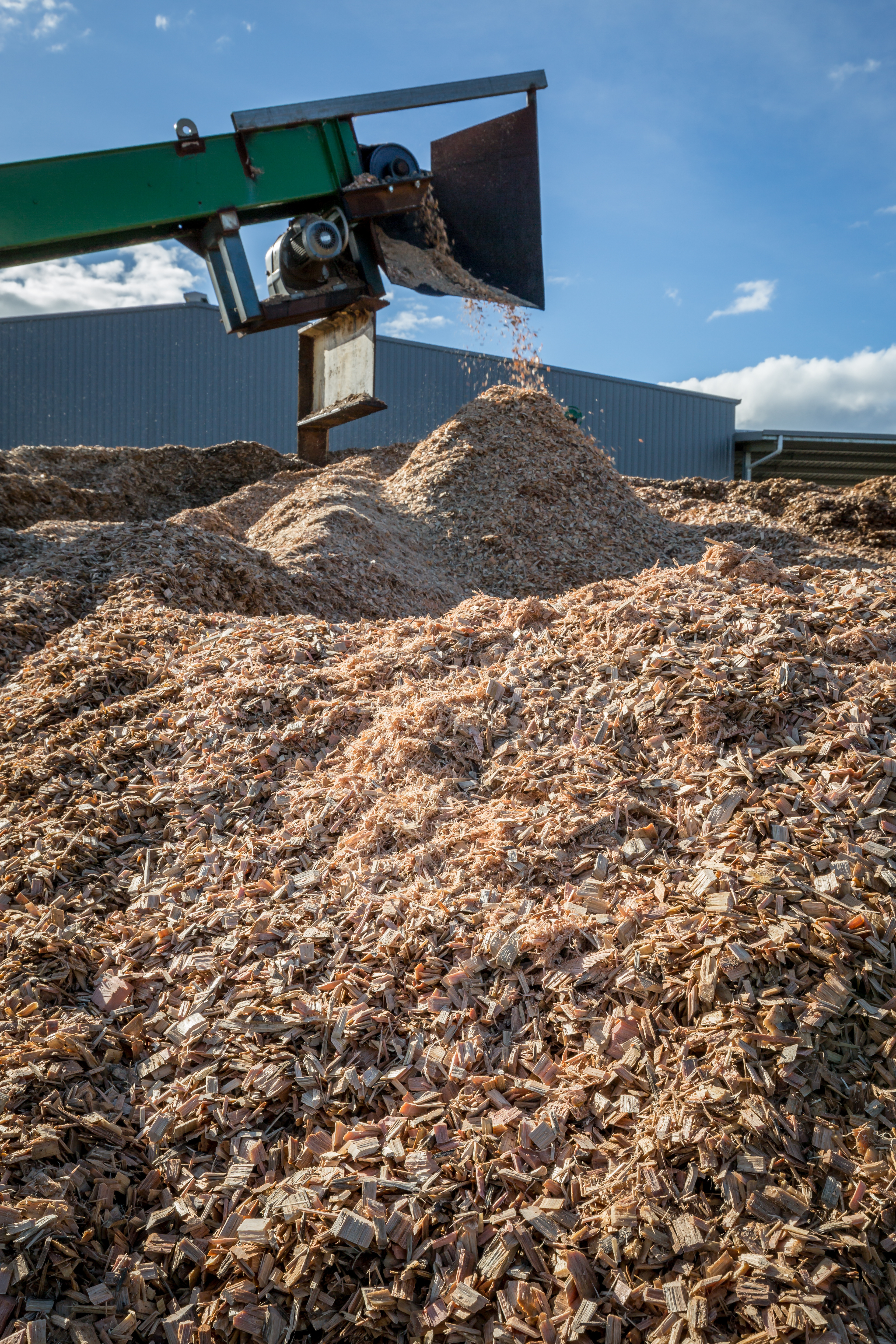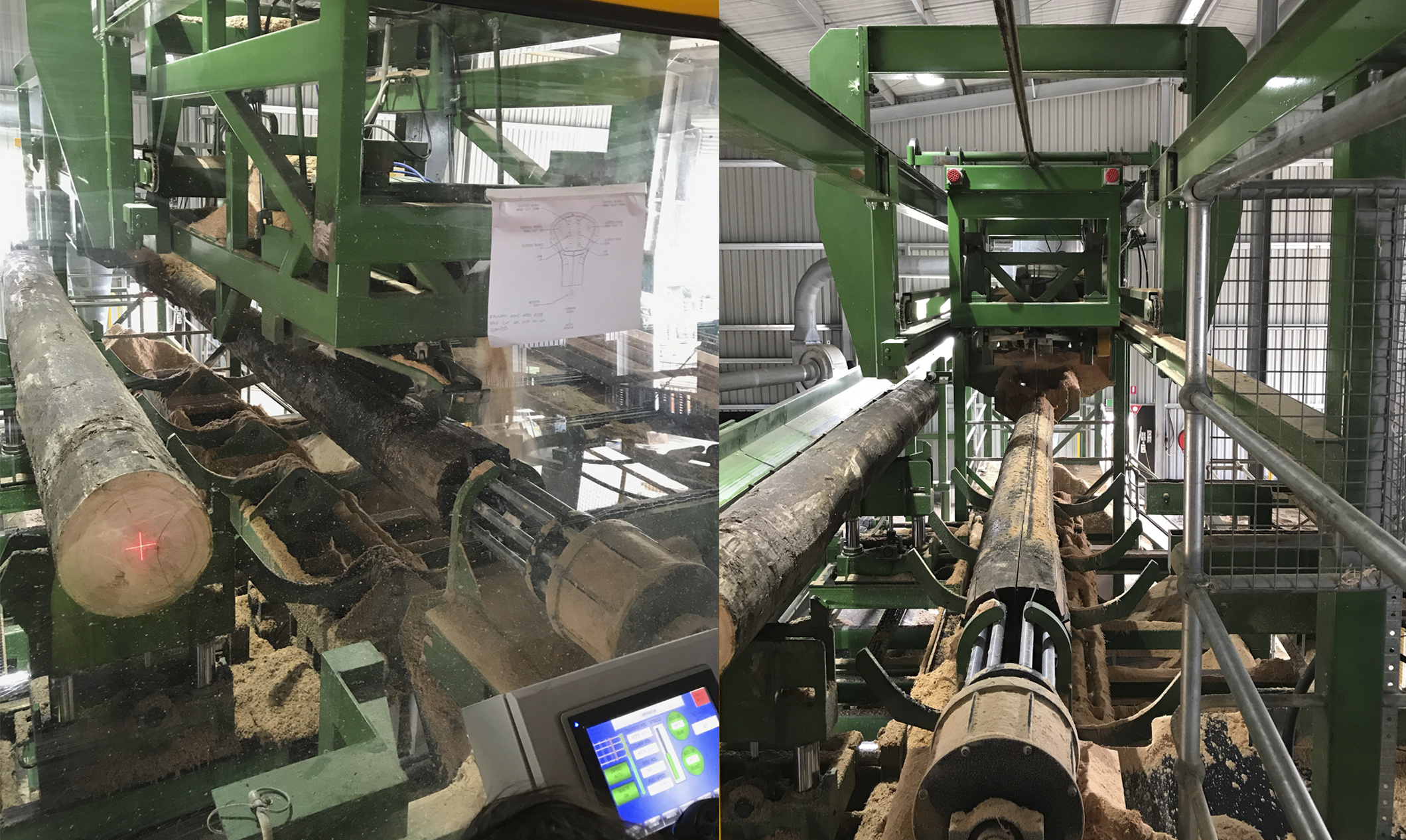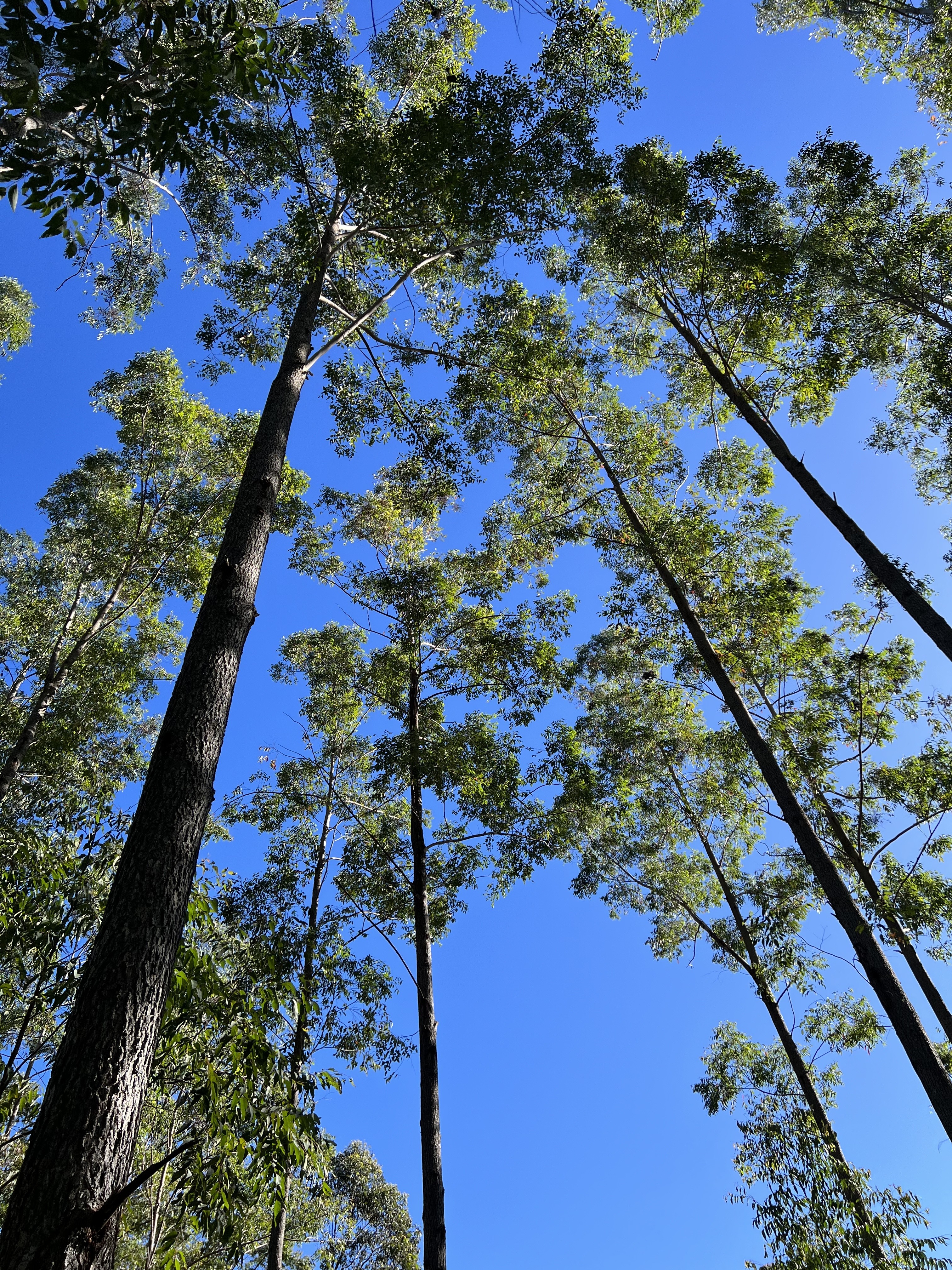
Radial Timber Australia
- Standard: Puro.earth
- Methodology: Biochar
- Credit Type: CORC 100+
- Facility ID: 833360
- Location: Australia
- Year of first issuance: 2025
- Status: Development
- Audited by: N/A
- Spot Inventory: No
- Forward Inventory: Yes
Description
Based in Yarram, in the state of Victoria, Radial Timber Australia converts timber processing residues into biochar using an integrated pyrolysis system co-located at their sawmill. By valorizing hardwood waste streams, the project supports regional circularity and renewable energy generation. The resulting biochar is applied in agriculture and landscape rehabilitation, contributing to long-term carbon removal and improved soil performance.
Feedstock
- Sawdust, wood shavings, peelings, and chip scraps from timber processing.
- Additional feedstock from their own hardwood plantations includes unusable logs and thinnings.
Application
- Agriculture: The biochar will be used as a soil amendement within the company's own hardwood tree plantations
- Land remediation: Radial Timber Australia is conducting trials to use the biochar in degraded soils
Co-benefits
- Biochar improves the soil structure, water retention, and nutrient availability. It reduces the need for chemical fertilizers. Microbial activity also increases, boosting soil vitality.
- The project creates skilled employment and supports the regional economy. As the first of its kind in Australia, it also builds capacity for long-term innovation in carbon removal and partnerships with universities and soil scientists to expand research on biochar’s long-term benefits
- The pyrolysis process generates excess heat, which is used to produce electricity for on-site operations. This reduces reliance on external power and lowers the facility’s overall carbon footprint.
Additionality
- The baseline for the feedstock is combustion, decomposition, or export. Before biochar production, sawmill residues were burned or used in compost and animal bedding, releasing CO₂. Plantation waste was left to rot or shipped overseas for paper manufacturing, adding further emissions.
- The project’s financial viability depends significantly on revenue from carbon credits. This income supports key operational costs such as staff training, feedstock logistics, biochar application, and R&D. Without carbon credit revenue, further investment in technology and local biochar use would not be feasible at scale.
- The project is not required by existing laws, regulations, or other binding obligations, demonstrating its additionality in contributing to sustainability and climate goals.


